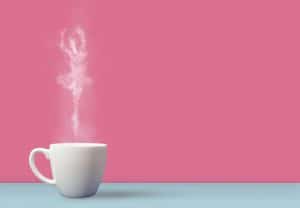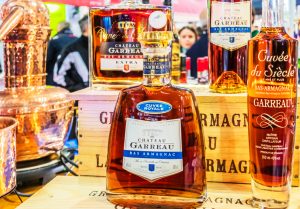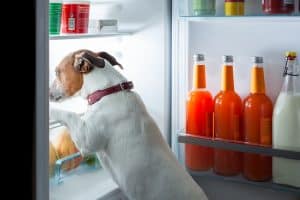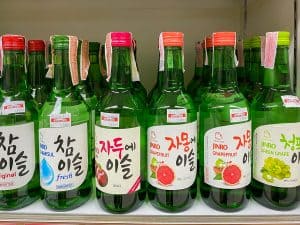
We’ve all been there—after a beautiful night out with friends or colleagues, indulging in perhaps more alcohol than we should have had, we end up with a hangover the following day. And a sore throat. And a hoarse voice you don’t recognize.
Welcome to the sore-throat-unpleasantness of alcohol.
Alcohol is a solvent that dries out the mucous membranes in the mouth and throat and irritates these membranes. Also, VR1 receptors react to the alcohol and cause a burning sensation to warn us that we’re consuming something harmful.
High-proof alcohol especially will trigger the burning sensation. Other factors include vomiting after a night out, speaking loudly in noisy environments, and acid reflux associated with GERD.
We’ll examine why alcohol burns your throat, some of the associated risks, and the effect alcohol has on the mouth, especially the throat. We’ll look at some of the factors contributing to a sore throat after drinking alcohol and offer tips on how to deal with the sore throat the next day.
Why Does Alcohol Burn?
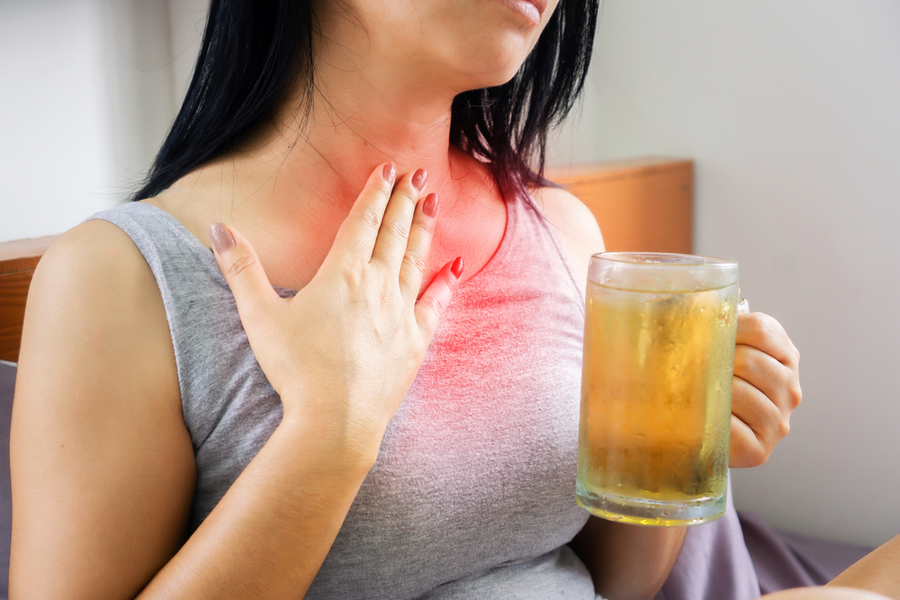
Well, the answer is, unfortunately, grim and scientific. Our mouth, throat, esophagus, and stomach are lined with a protective mucous membrane (we don’t like writing it as much as you don’t like reading about it—sorry about that).
The moment you consume alcohol, whether an excellent cabernet sauvignon or a high-end whiskey that’s old enough to cast a vote, the effect is the same.
It will irritate these membranes. More so with a high-proof alcohol (especially over 80 proof or 40% ABV).
Alcohol is also a solvent—it can dissolve substances and absorb and dissolve some moisture in the mucous membranes. This dries those membranes slightly, causing the nerves to register a burning sensation.
This built-in defense mechanism we inherited from our ancient ancestors tells the brain something bad is being consumed and should be left alone. These receptors are called the VR1 receptors.
Unfortunately, they cannot distinguish between good (whiskey or vodka) and bad (poisonous berries) and react in the same way regardless. This will also urge us to drink water or any other liquid to wash away the ‘bad stuff’ before we do more harm.
Basic Throat Anatomy
Before we continue, here is a quick anatomy lesson to help you understand how the throat works and its associated parts.
When one swallows, a flap of cartilage and tissue (epiglottis) folds backward to cover the opening of the breathing tube (larynx), allowing food to pass down the esophagus to the stomach rather than down the windpipe to the lungs.
Remember, the mucous membrane still lines all this.
Effects of Alcohol Burn on the Mouth and Throat
Now that we understand the anatomy of the throat and the reason behind the physical reaction to alcohol, we can consider its effect on the mouth and especially the throat.
Remember that dry mouth feeling after a night of overindulging? Yup, that’s due to the mucous membranes being dried out.
Once in a while is okay, but prolonged or chronic alcohol abuse can lead to severe effects.
Lined with a mucous membrane, the stomach can get irritated by alcohol. In the stomach, nerve endings warn the brain that something hazardous is there.
In addition, a region of the brainstem detects the quantity of alcohol in the blood. Suppose the brainstem realizes the alcohol content is too high. In that case, the brain responds by sending a neurological signal back to the stomach to get rid of the alcohol—i.e., vomit.
This is a defense mechanism against excessive alcohol consumption. When we over-drink, we can cause life-threatening situations because the epiglottis can become numbed or even paralyzed by the alcohol or stop functioning correctly.
When we vomit, and the epiglottis doesn’t work properly, the acidic stomach contents corrode the lung tissue and cause rapid infection of the lungs leading to a fatal form of pneumonia or even death by asphyxiation.
With prolonged alcohol abuse, the membranes in the throat dry out and increase your risk of severe infections.
Also, alcohol changes the way parts, such as the epiglottis, work and may lead to epiglottitis (swelling of the epiglottis).
What Causes a Sore Throat When I Drink Alcohol?
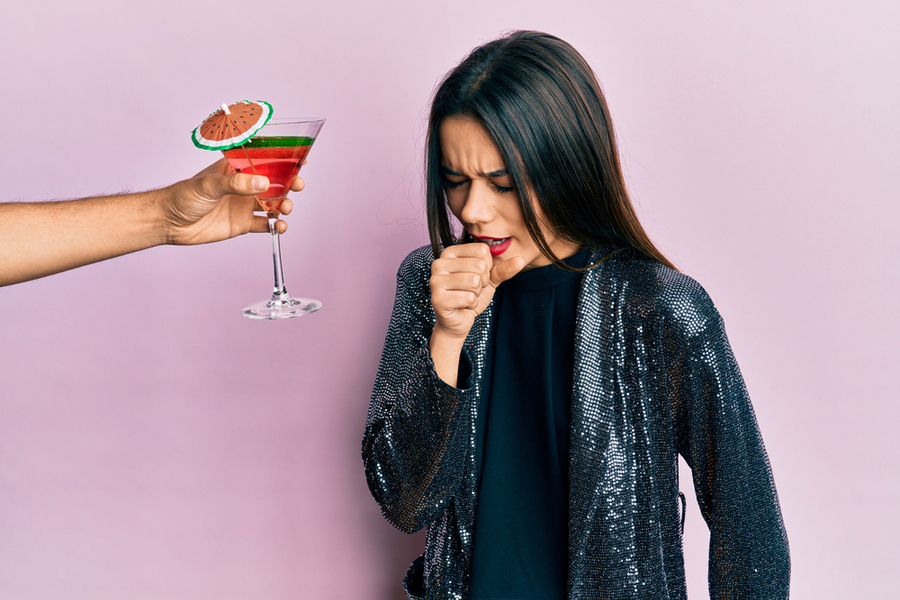
There are numerous factors, so let’s see what they are.
- Loud talking: The most common one is loud talking or even screaming—especially in venues and clubs with loud music or many people fighting to speak. You’re straining your vocal cords because more air is pushed through them to make your voice louder. This will also lead to a hoarse voice the following day.
- Vomiting: Yup, gross. But unfortunately, if you’re not used to drinking lots of alcohol or even mixing different kinds of alcohol, your brain and stomach is going to perform an ‘automated purge’ to get the ‘bad stuff’ out. Sorry for that mental image. The acidity from your stomach’s juices will irritate the lining and membranes in the throat and lead to even more burning sensations.
- GERD: Another factor is gastroesophageal reflux disease or GERD. Flare-ups can be made worse by alcohol. This also leads to the common symptom of a sore throat associated with GERD.
- Allergies: You might be sensitive to sulfites. They are present in beer and wine. Sulfites can cause asthma-like symptoms, a sore throat, and anaphylaxis—a generalized allergic reaction.
- Sensitivity: Gluten intolerance and/or grain sensitivity can be caused by grain-based alcohols such as whiskey and vodka. In turn, grain alcohol can trigger allergic reactions, and you’ll have a sore throat.
What Can I Do To Prevent or Soothe a Sore Throat?
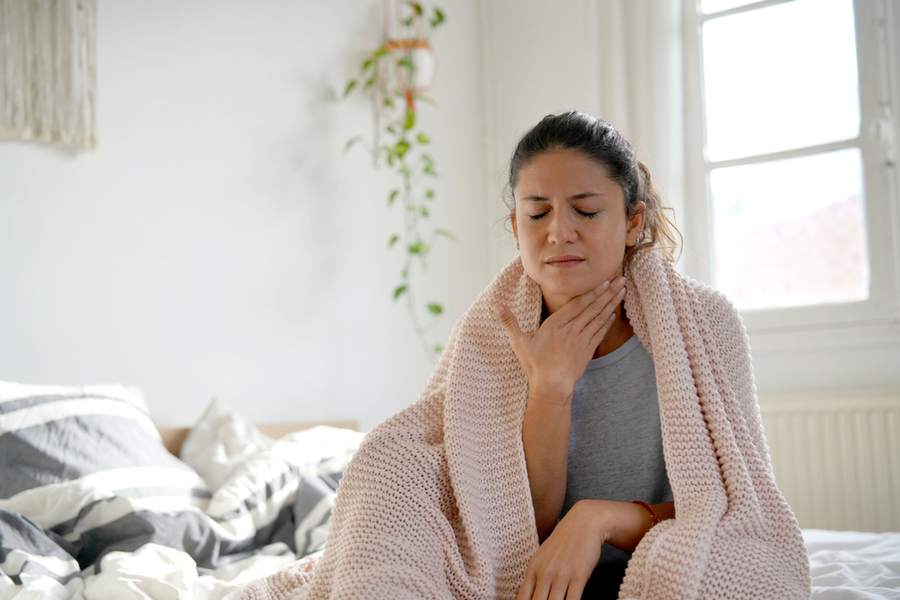
All hope is not lost! Thank goodness we don’t have to give up drinking altogether, but prevention is better than cure.
We’ll look at tips to prevent a burning throat when you drink alcohol below.
- Hydrate: The key to avoiding hangovers, a dry mouth, and a sore throat the following day is to keep yourself hydrated. Plenty of water and fluids like juice, smoothies, and even soda can help you stay hydrated and replenish the mucous membranes’ hydration balances.
- Speak softer: It’s difficult when you’re in a place where everybody’s screaming. Ditch the club and go to a nice quiet bar or restaurant to have a proper conversation. Or decide if you’re going out for a fun night, you’ll keep talking about the bare necessities.
- Choose your drinks: By now, you should know what triggers your sore throat the following day when you go out drinking. Make a point of avoiding drinks that will burn your throat and give you a sore throat.
- Pace yourself: Try to balance each alcoholic drink with a non-alcoholic one. This way, you will avoid overindulging and vomiting in the bathroom.
Once you’ve got that sore throat, there’s not much you can do except keep yourself calm and rested. Other tips include:
- Drink warm drinks with lemon and honey. Green tea or ginger tea has anti-inflammatory properties that help soothe irritated throat lining. Opt for non-caffeinated teas because caffeine can exacerbate dehydration. Honey is known for its soothing properties aiding sore throats and coughs. Peppermint tea also has anti-inflammatory properties. Breathing the steam from your cup can help hydrate your nasal and throat passages.
- Rinse with salt water. Many people also recommend a salt water rinse to help soothe a sore throat. Mix a quarter and a half teaspoon of salt in 8 ounces of warm water for an overindulgent night of drinking your sore throat. Gargle the salt water mixture in the back of your throat for about 30 seconds and discard afterward.
- Get some rest and rest your voice. Avoid having conversations where possible to help your throat heal. Research has also shown that heavy drinking reduces sleep quality and can contribute to fatigue, a sore throat, and a hangover.
- Put a humidifier in the room. The humidity in the air can also help hydrate the air you breathe. Alternatively, a warm shower with lots of steam can also help to moisten the air.
Conclusion
A burning throat when you drink alcohol is not the end of the world but rather your body’s warning that something’s not ‘right.’ Luckily, we can distinguish between alcohol and ‘bad’ things like, for instance, drinking bleach.
If you end up with a sore throat after a night out, follow some tips for soothing it, or try your best to prevent it by following the other recommendations.

